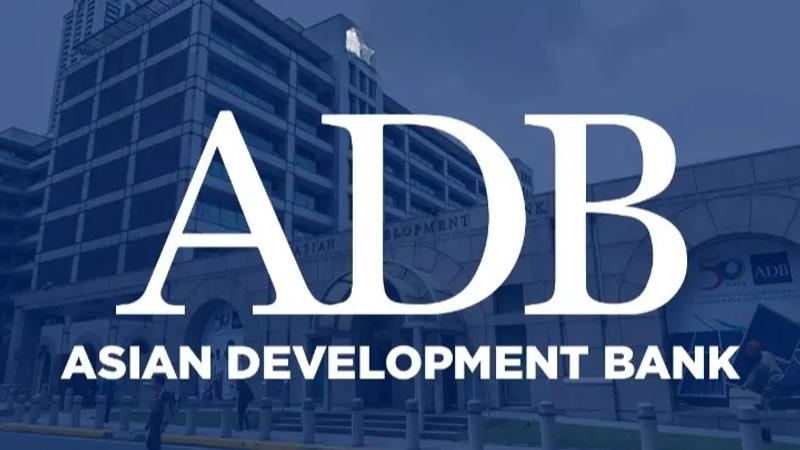Published 15:14 IST, November 14th 2023
India inks $400 million loan pact with ADB for urban infrastructure development
Sub-programme 2 is geared towards supporting investment planning and reform actions at the state and urban local body (ULB) levels.

India inks $400 million loan pact with Asian Development Bank | Image:
Asian Development Bank
- Listen to this article
- 2 min read
Advertisement
15:14 IST, November 14th 2023
